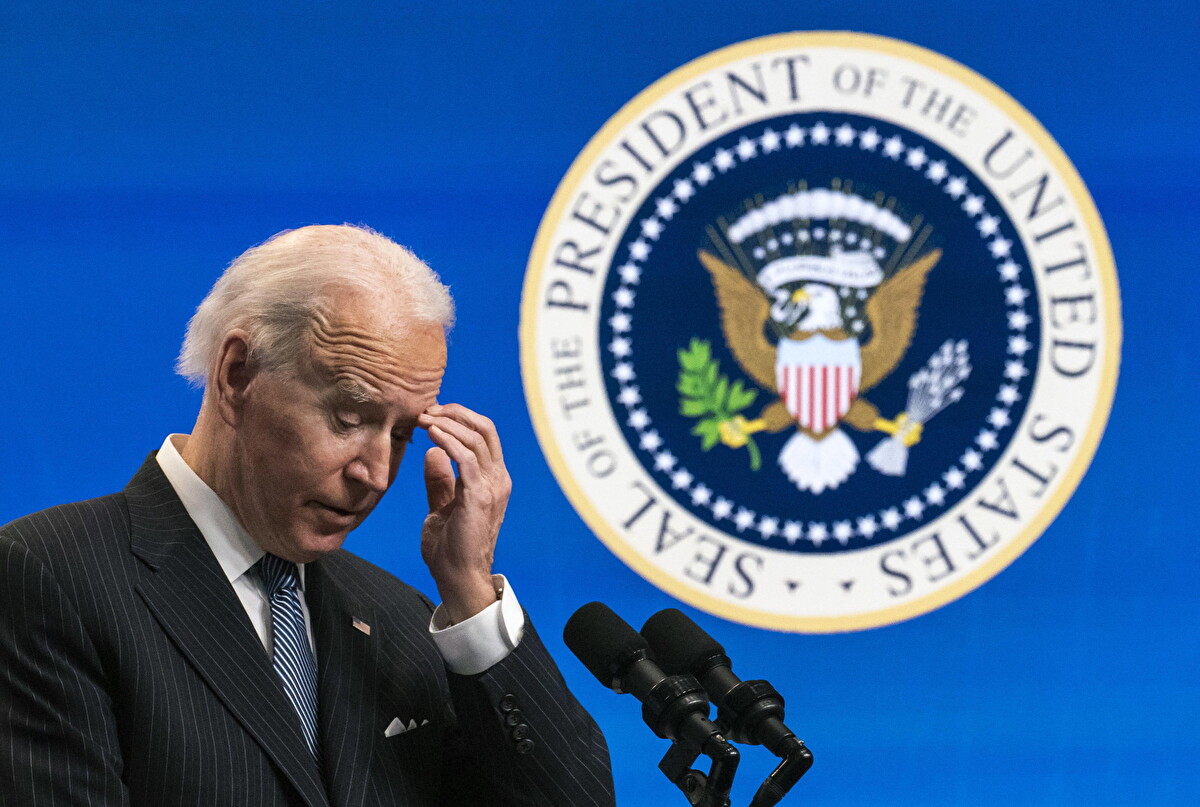Jimmy Lippert Thyden was adopted in the US 42 years ago – but only this year he discovered he was born in a Chilean hospital in Santiago, and adopted against his mother’s will. Last Sunday he finally met her.
Maria Angelica Gonzalez’s baby boy had been born premature and was taken out of her arms and put into an incubator. Days after, Maria Angelico was told that he had died, the little body already discarded.
In her house in Valdivia, Thyden told his birth mother “I love you very much”, according to an Al Jazeera report. “How do you hug someone in a way that makes up for 42 years of hugs?”
Stories of babies stolen at birth are disgracefully common – it happened in the last seventy years to Native Americans and to Maori children in Australia and New Zealand, and to babies born out of wedlock in Ireland, all with the excuse of giving them “a sound education” and a “better, civilezed home” away from their “flawed” original family. It happened once upon a time to Jewish children in Italy (it’s the theme of Marco Bellocchio’s most recent movie, Rapito). And it is happening today to Ukranian babies deported to Russia. Stealing children is a cultural spoliation all too common.
In Chile, during the years of the Augusto Pinochet’s military dictatorship (1973-1990), tens of thousands of babies were stolen and adopted in new families. Many of them were from couples of political opponents, killed or jailed and then disappeared (they call them desaparecidos, like the victims of the Videla’s military dictatorship in Argentina). Others were simply kidnapped because it was convenient to sell them, in a country where human rights’ violations were common.
Today there are associations helping families (often the grandmothers, sometimes the mothers) to discover the truth. Thyden had read newspaper stories about Chilean-born adoptees who had met their original families, through the Chilean nonprofit Nos Buscamos (We are looking for each other). The organization was able to reconstruct his story. “The paperwork I have for my adoption tells me I have no living relatives” said Thyden, but he discovered he has a mother, four brothers, a sister.
The passion for civil rights was already part of his life: he works as a criminal defence lawyer in Virginia and the focus of his practice are Latinos who cannot afford a lawyer.
Constanza del Rio is the founder of Nos Buscamos. “These kids were stolen from poor families, from women who didn’t know how to defend themselves” she says. In the last nine years, her organization succeeded in reuniting more than 450 adoptees babies to their original family. They work with the genealogy platform MyHeritage, which offers free DNA testing kits to suspected victims of child trafficking from Chile. Thyden’s test confirmed he was Chilean and matched him to a first cousin who helped him reconstruct who his mother was.
There are other organisations doing the same work in Chile (like Hijos y Madres del Silencio) or in the US (like Connecting Roots).
Apart from the 1973 killing of then President Salvador Allende, the Pinochet regime murdered at least 3,095 people (these are the government’s numbers) and many more were tortured or jailed.
Thyden travelled to Chile with his wife and two daughters. His American parents were victims of an illegal adoption network and – while supportive of his journey into the past – are trying to make sense of the situation.
But the problem with Chile is that the country is still mired in the legacy of the Pinochet’s era – in a polarised society where many look with nostalgia to the military’s regime. Thyden met one of the just seven investigators trying to solve thousands of fake adoptions like his own. He also met the Chilean ambassador to the US, Juan Gabriel Valdes, lamenting that there is no government help to assist Chileans illegally adopted out of the country; Thyden had to meet all the expenses of the trip out of his own pocket.












